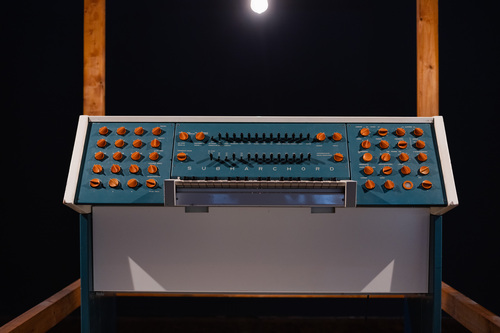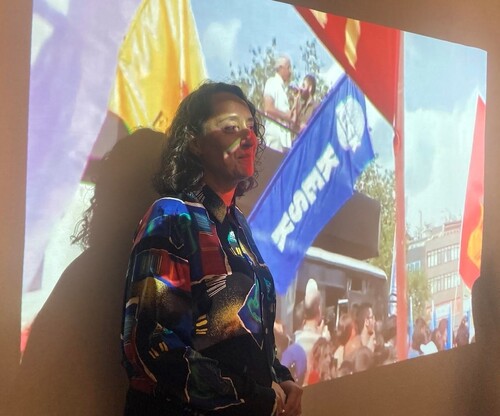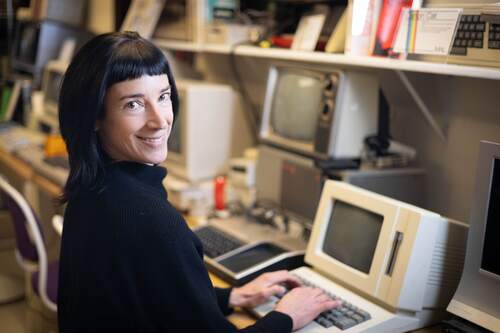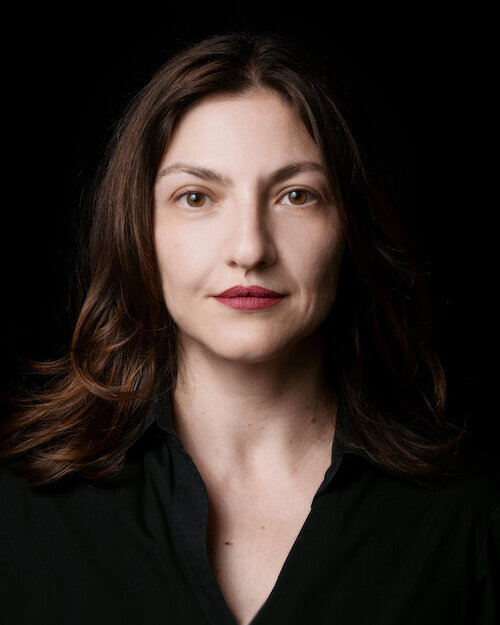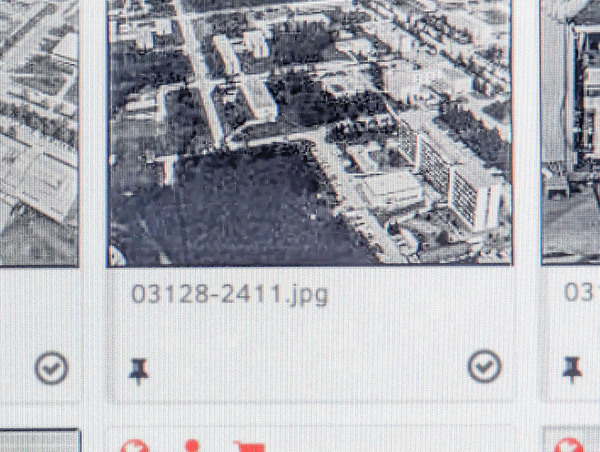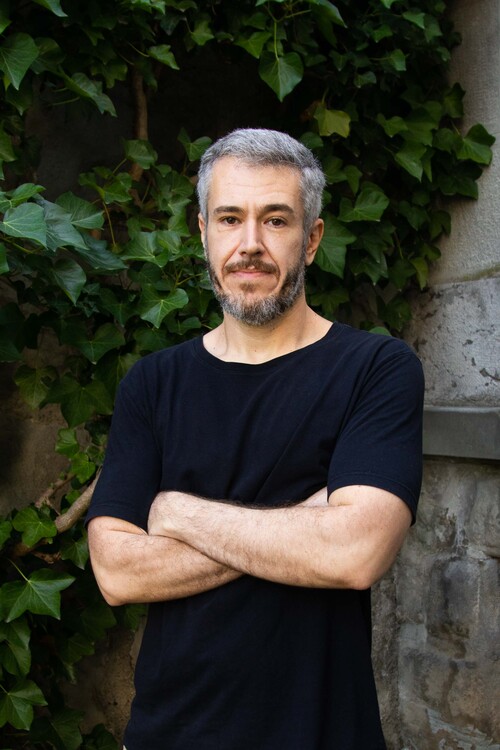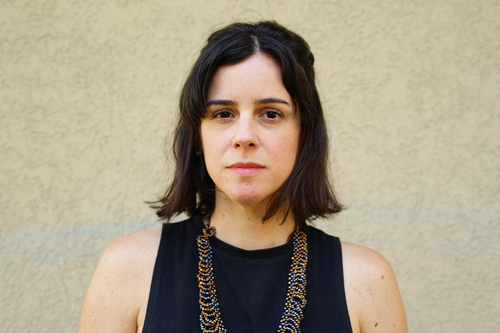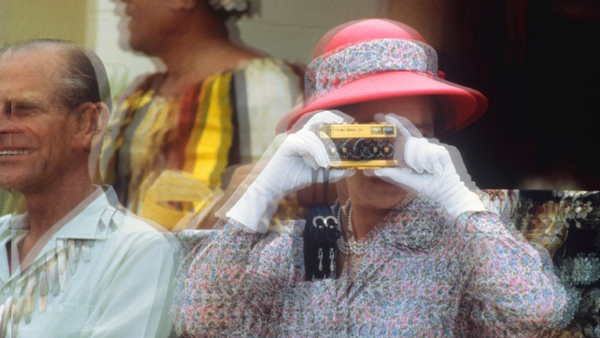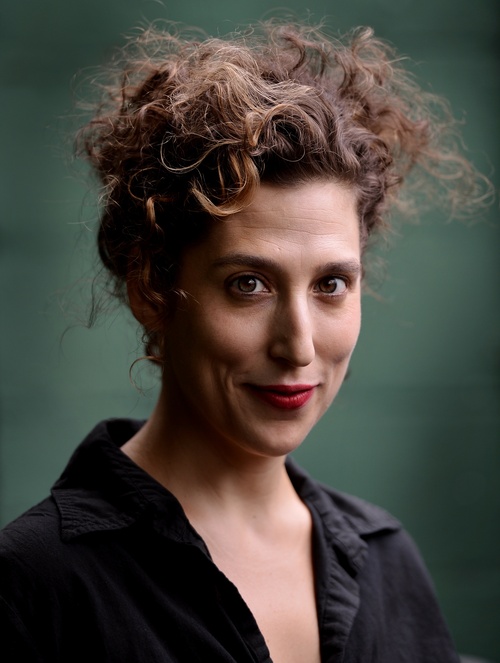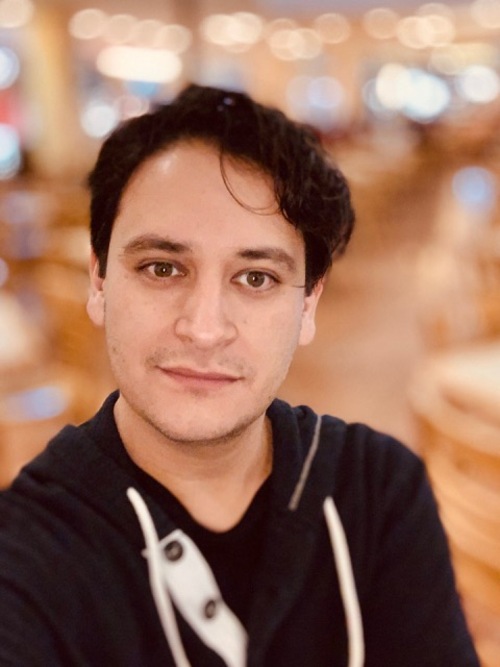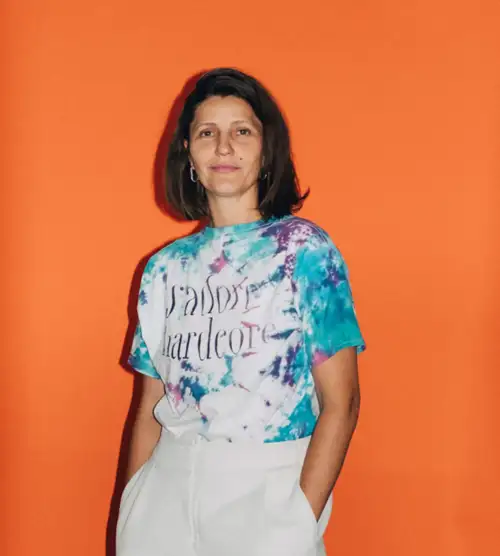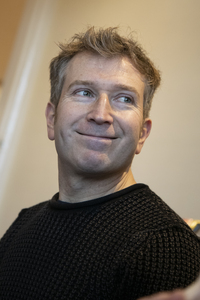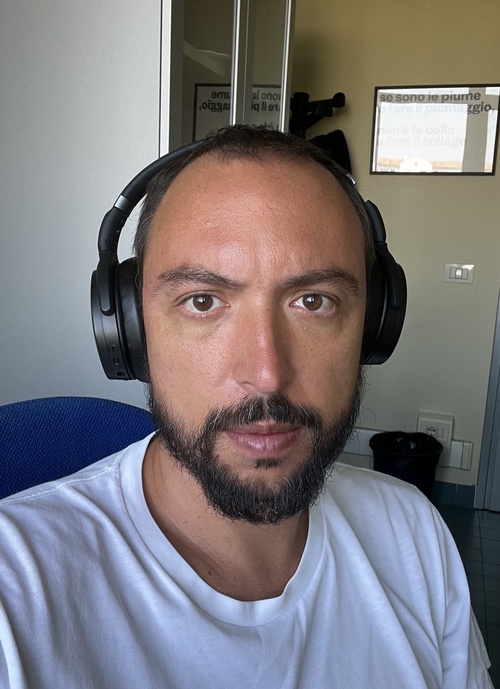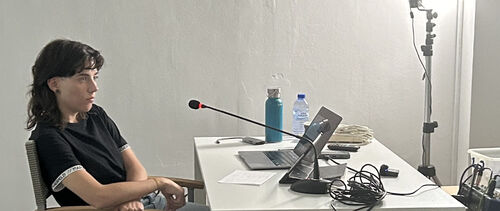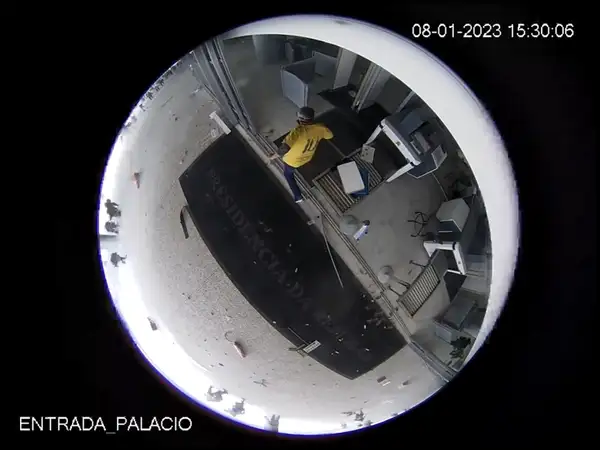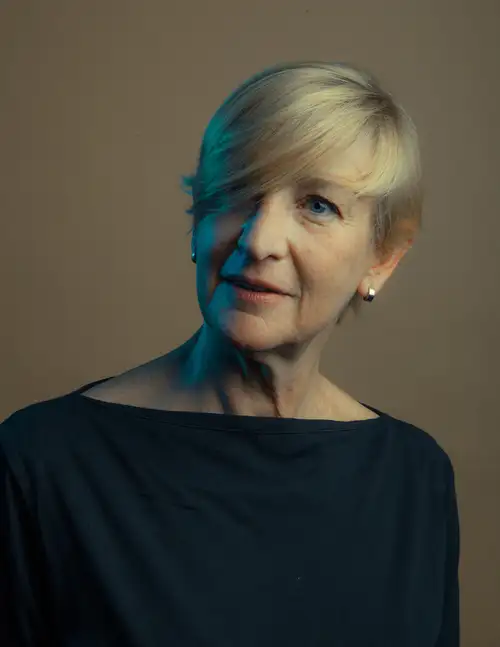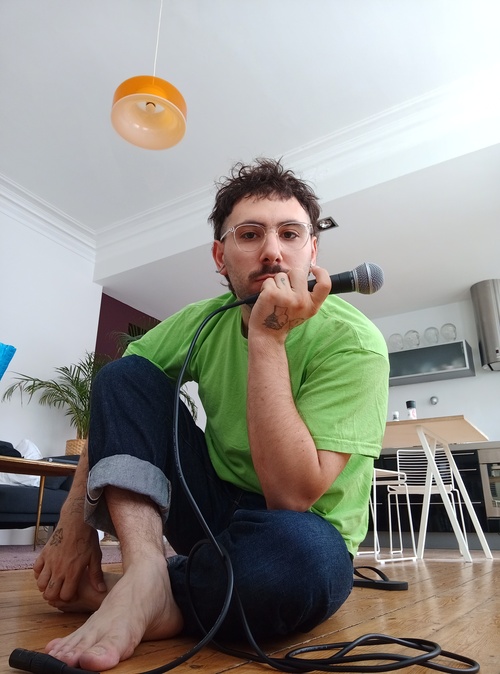About this website
This website was made with Jekyll and Revealjs, is hosted at Uberspace.de (nice documentation and ecological balance) and the code is hosted at Codeberg, both in Germany. For the construction, no proprietary software was used, and (as far as we know) no animal was harmed.
We provided alternative text to images, made the interactive elements focusable, etc. If you are navigating our website with the keyboard, feel free to use space and the arrows to change the slides (that's why the arrows have no tab-index). If you have any suggestion, please let us know.
Visual Identity designed by Jan Motyka.
Legal Information
After Memory
Víctor Fancelli Capdevila
Werderstraße, 33
76137 Karlsruhe
Phone: +49015224802420
E-Mail: web@aftermemory.net
Notice according to the Online Dispute Resolution Regulation
Under applicable law, we are obliged to inform consumers of the existence of the European Online Dispute Resolution platform, which can be used to resolve disputes without having to go to court. The European Commission is responsible for setting up the platform. The European Online Dispute Resolution Platform can be found here: http://ec.europa.eu/odr. Our email is: website@aftermemmory.net
However, we would like to point out that we are not willing to participate in the dispute resolution procedure under the European Online Dispute Resolution Platform. To contact us, please use our email and phone number above.
Disclaimer—legal information
§ 1 Content warning
The free and freely accessible contents of this website have been created with the greatest possible care. However, the provider of this website does not guarantee the accuracy and actuality of the provided guides and news. Contributions identified by author name reflect the opinion of the respective author and not always the opinion of the provider. Calling up the free and freely accessible content alone does not establish any contractual relationship between the user and the provider; in this respect, the provider’s intention to be legally bound is lacking.
§ 2 External links
This website contains links to third-party websites (“external links”). These websites are subject to the liability of the respective operators. When the external links were first created, the provider checked the external content for any legal violations. At that time, no legal violations were apparent. The provider has no influence on the current and future design and content of the linked pages. The inclusion of external links does not imply that the provider adopts the content behind the reference or link as its own. It is not reasonable for the provider to constantly monitor the external links without concrete evidence of legal violations. However, such external links will be deleted immediately if legal violations become known.
§ 3 Copyrights and ancillary copyrights
The content published on this website is subject to German copyright and ancillary copyright law. Any use not permitted by German copyright and ancillary copyright law requires the prior written consent of the provider or the respective rights’ holder. This applies in particular to the copying, editing, translation, storage, processing, or reproduction of content in databases or other electronic media and systems. Contents and rights of third parties are marked as such. The unauthorized reproduction or distribution of individual content or complete pages is not permitted and is punishable by law. Only the production of copies and downloads for personal, private and non-commercial use is permitted.
The display of this website in external frames is only permitted with written permission.
§ 4 Special terms of use
Insofar as special conditions for individual uses of this website deviate from the aforementioned paragraphs, this will be expressly pointed out at the appropriate place. In this case, the special terms of use apply in each individual case.
Data Protection Officer
Víctor Fancelli Capdevila
Werderstraße, 33
76137 Karlsruhe
Phone: +49015224802420
E-Mail: web@aftermemory.net
